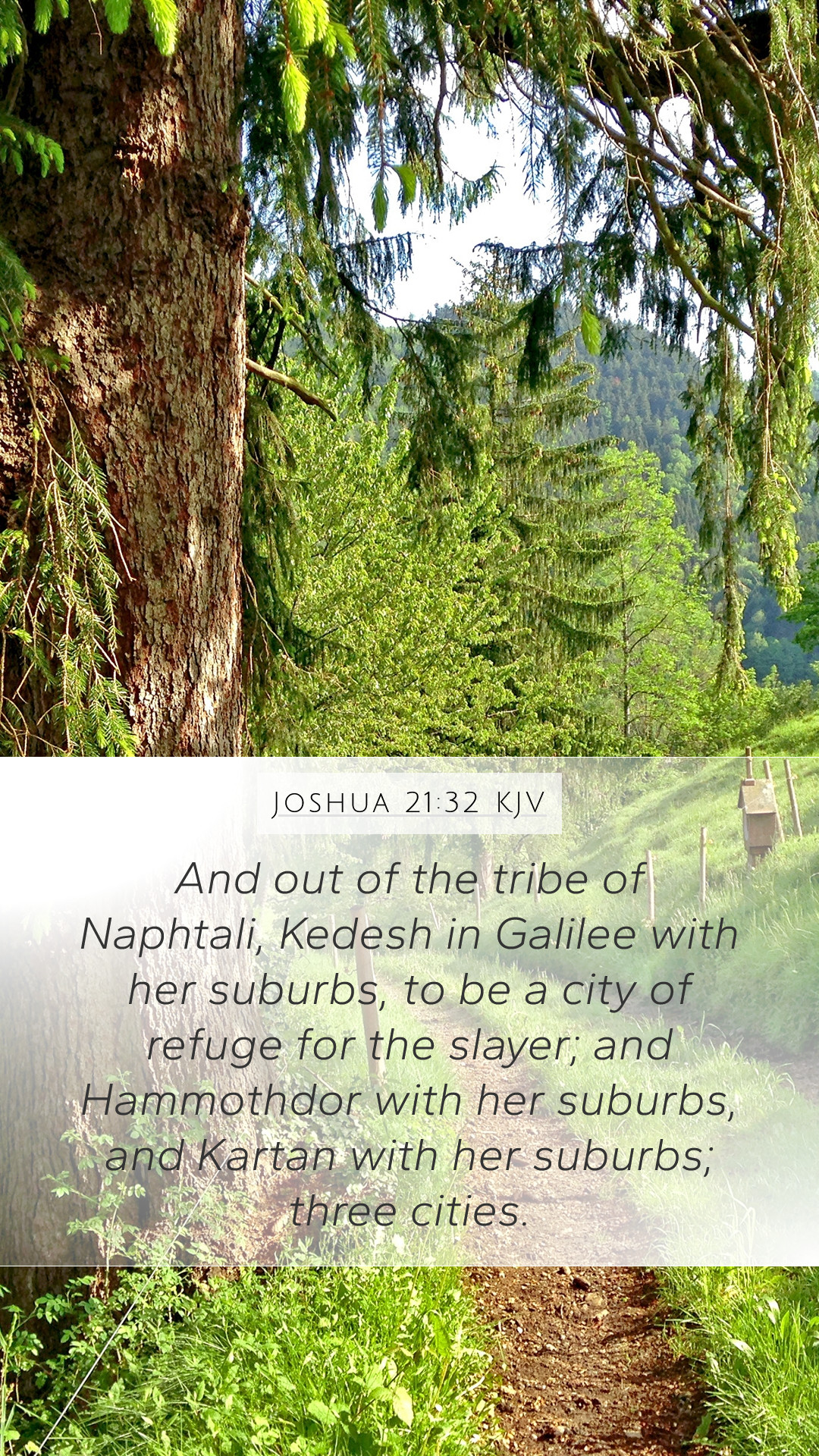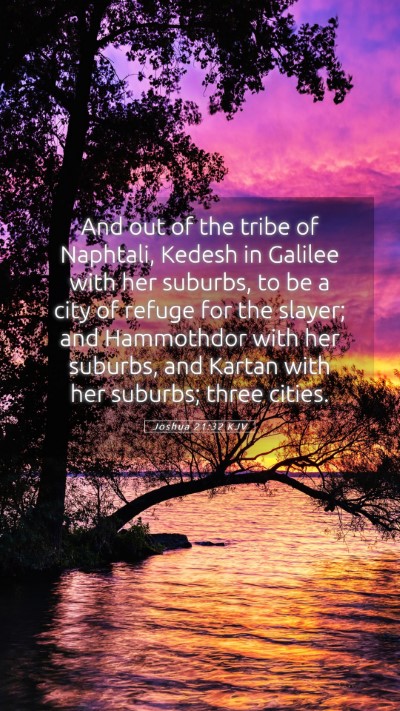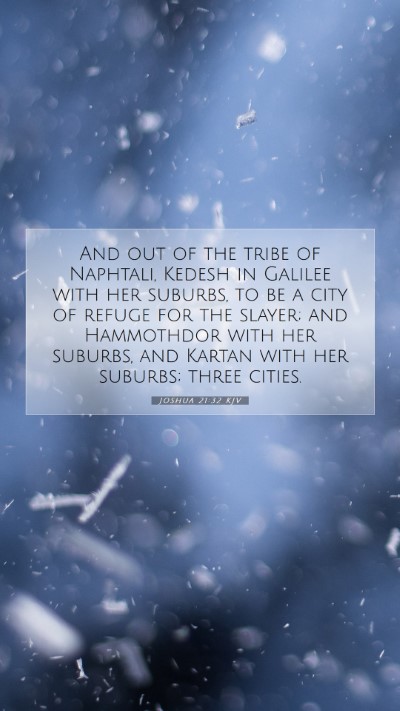Old Testament
Genesis Exodus Leviticus Numbers Deuteronomy Joshua Judges Ruth 1 Samuel 2 Samuel 1 Kings 2 Kings 1 Chronicles 2 Chronicles Ezra Nehemiah Esther Job Psalms Proverbs Ecclesiastes Song of Solomon Isaiah Jeremiah Lamentations Ezekiel Daniel Hosea Joel Amos Obadiah Jonah Micah Nahum Habakkuk Zephaniah Haggai Zechariah MalachiVerse
Joshua 21:1 Joshua 21:2 Joshua 21:3 Joshua 21:4 Joshua 21:5 Joshua 21:6 Joshua 21:7 Joshua 21:8 Joshua 21:9 Joshua 21:10 Joshua 21:11 Joshua 21:12 Joshua 21:13 Joshua 21:14 Joshua 21:15 Joshua 21:16 Joshua 21:17 Joshua 21:18 Joshua 21:19 Joshua 21:20 Joshua 21:21 Joshua 21:22 Joshua 21:23 Joshua 21:24 Joshua 21:25 Joshua 21:26 Joshua 21:27 Joshua 21:28 Joshua 21:29 Joshua 21:30 Joshua 21:31 Joshua 21:32 Joshua 21:33 Joshua 21:34 Joshua 21:35 Joshua 21:36 Joshua 21:37 Joshua 21:38 Joshua 21:39 Joshua 21:40 Joshua 21:41 Joshua 21:42 Joshua 21:43 Joshua 21:44 Joshua 21:45

